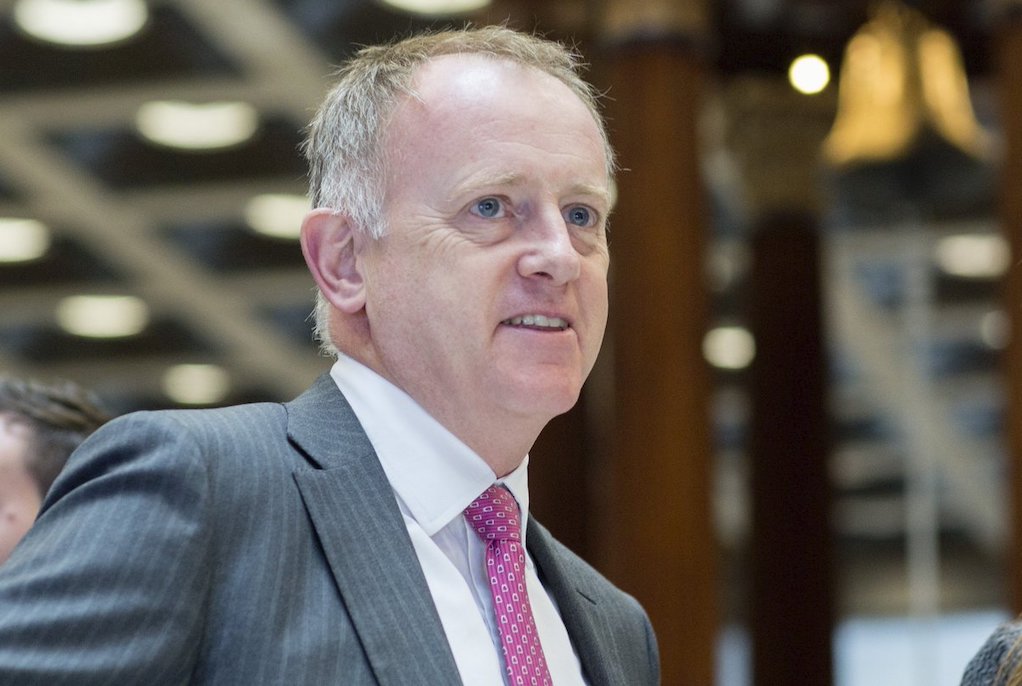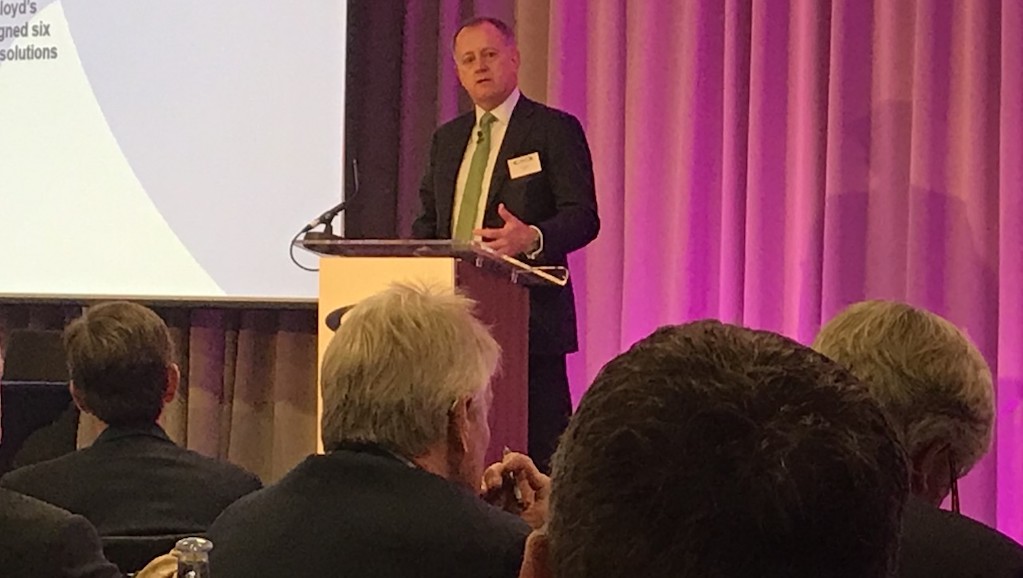John Neal believes intangible risks will continue to shape the insurance market and risk-transfer products need to reflect the change

Lloyd's of London CEO John Neal (Credit: Lloyd's)
Lloyd’s CEO John Neal says the insurance industry hasn’t reacted quickly enough to the changing landscape of risks its customers face.
He identified cyber attacks and reputation risk, as well as other intangible classes of risk as the main areas the industry deals with today, as opposed to the physical risks that dominated in the past.
His comments — made at AM Best’s annual Insurance Market Briefing event in London — came after the ratings agency discussed technology and cyber risk as the two main trends that could have an impact on ratings it gives to insurers in the future.
Neal said: “The reality is that when you look at those risks, they are very different to the types of risks that property and casualty insurers grew up with 30 or 40 years ago.

“We’re very used to tangible risks, like insuring property or the liability of the people that occupy property — we’re less used to insuring intangible risk, particularly related to software and data.”
According to Neal, roughly 80% of the risk on a typical insurer’s balance sheet is intangible — putting pressure on the industry to address how it offers coverage for it.
“It’s really important that as an industry we begin to think about what those products and services should be and what customers are actually looking for,” he added.
AM Best says technology and cyber risk will have the biggest impact on insurers in the future
Prior to Neal’s comments, AM Best managing director of analytics for EMEA and the Asia Pacific region Greg Carter revealed the ratings agency’s predictions for trends that will impact the industry in the near and possibly long-term future.
Technology took the number one spot on the list, as Carter claimed it will have a high impact on the business profile of insurers — a ratings measure based on market position — with a medium-level impact on their operating performance too.
Carter said: “For companies that fail to keep pace with the change of technology, their business profile could change quite dramatically.
“The other area linked to that is competition. Companies will be left behind by the competitors investing more heavily and more successfully in technology that could have an impact on their business profile.”
Cyber risk was second, due to its predicted high-impact on operating performance and enterprise risk management — a measure of how well an insurer evaluates and prices risk compared to its effect on the balance sheet.
